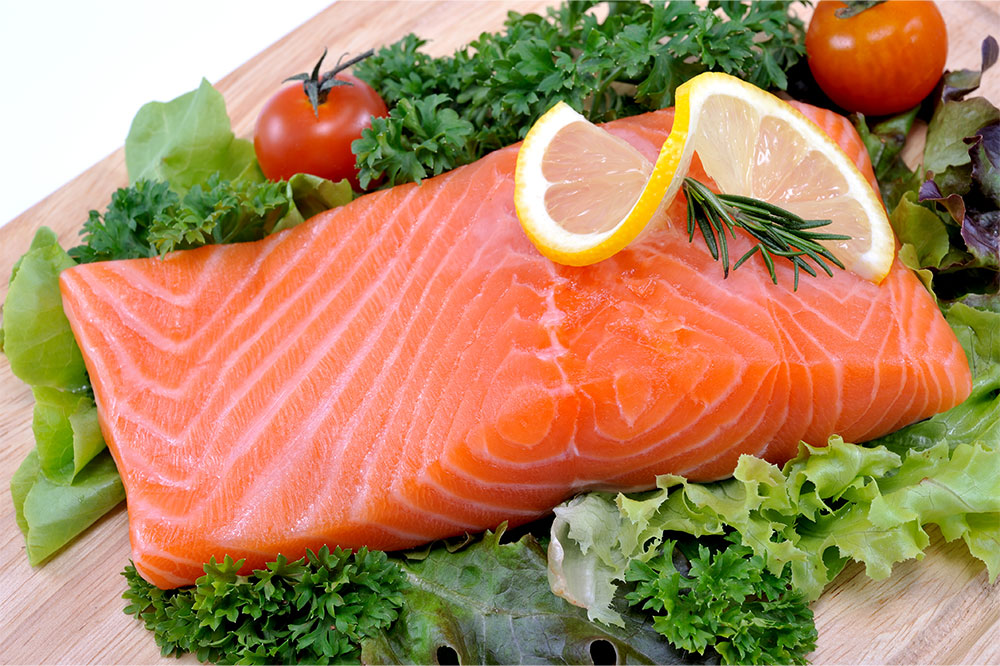Effective Dietary Strategies to Alleviate Joint Discomfort
This article explores dietary habits that can help manage joint pain effectively. It highlights the importance of consuming omega-3 rich foods like fatty fish and plant-based sources, along with fruits and vegetables packed with antioxidants. It also warns against processed foods and red meats that may worsen inflammation. Additionally, it emphasizes consulting healthcare professionals before making significant dietary or medication changes for joint health, ensuring safe and informed decisions.

Effective Dietary Strategies to Alleviate Joint Discomfort
Proper nutrition greatly influences overall well-being and immune function. Deficiencies in essential vitamins or nutrients can lead to various health issues, including joint-related discomforts. Certain foods can also worsen symptoms of conditions like arthritis. Therefore, adjusting your diet by including beneficial foods and avoiding triggers is vital for managing joint pain effectively.
Recommended Foods:
Foods high in omega-3 fatty acids
Omega-3s help reduce inflammation, a key factor in joint pain, and support heart health. Incorporating sources of these healthy fats into your diet can make a positive difference.
Include fatty fish such as salmon, mackerel, trout, sardines, and tuna to meet your omega-3 needs. Vegetarians can opt for nuts and seeds like walnuts, chia seeds, flaxseeds, and pine nuts, which are rich sources of these fats.
Fresh produce:
Eating a variety of colorful fruits and vegetables supports joint health. Cruciferous vegetables like broccoli, cauliflower, and Brussels sprouts contain nutrients that may reduce pain receptors. Leafy greens like kale, mustard greens, and purple cabbage are also beneficial. Additionally, berries such as blueberries, cranberries, and raspberries are loaded with antioxidants and flavonoids that combat inflammation.
Pineapple is notable for bromelain, a compound shown to help manage arthritis-related pain. Tomatoes contain lycopene, a potent antioxidant that may help reduce inflammation.
Foods to Limit or Avoid:
Avoid processed and canned foods rich in preservatives, additives, salt, and sugar. These items can worsen joint symptoms. Also, steer clear of foods high in refined carbohydrates, fried items, and carbonated drinks.
Fatty and Red Meat: Consuming large quantities of red meats and full-fat dairy products can increase inflammation. Foods high in omega-6 fatty acids may also contribute to joint discomfort.
Managing joint pain often involves medications such as anti-inflammatories or opioids. However, certain drugs like PRADAXA, an anticoagulant, may trigger joint issues or other side effects. Always consult a healthcare professional for personalized advice.
Note:
The information provided here is for educational purposes only and should not replace professional medical advice. Always consult a healthcare expert before making dietary or treatment changes related to joint health or other medical conditions.










